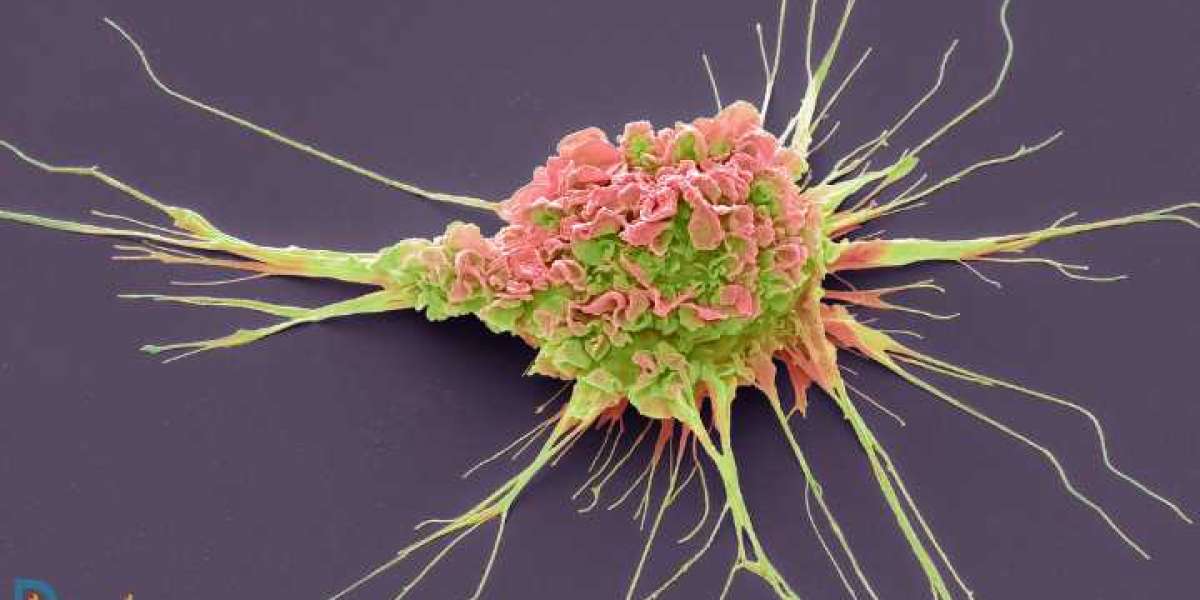The Function of NK Cells in Immunity
NK cells act as immune surveillance agents, patrolling the body to detect and eliminate threats. Their primary mechanisms of action include:
- Cytotoxicity: NK cells release cytotoxic granules containing perforin and granzymes, which induce apoptosis in target cells.
- Cytokine Production: NK cells secrete cytokines like interferon-gamma (IFN-γ), which activate other immune cells and amplify the immune response.
- Antibody-Dependent Cellular Cytotoxicity (ADCC): Through Fc receptors, NK cells recognize and destroy antibody-coated target cells.
This multifaceted activity underpins their essential role in controlling infections and suppressing tumor growth.
The Potential of NK Cell Immunotherapies
Recent advancements in immunology have highlighted the potential of NK cell immunotherapies as innovative treatments for cancer, infectious diseases, and autoimmune disorders. NK cell-based therapies are particularly attractive because:
- Broad Target Recognition: NK cells can detect a wide range of abnormal cells through stress-induced ligands and missing "self" signals.
- Reduced Risk of Graft-versus-Host Disease (GvHD): Unlike T cells, NK cells have a lower likelihood of causing GvHD, making them suitable for allogeneic therapies.
- Synergy with Other Therapies: NK cells can be combined with immune checkpoint inhibitors, monoclonal antibodies, or CAR-T cells to enhance therapeutic efficacy.
Development of NK Cell Therapy
The development of NK cell therapy has seen remarkable progress, with several strategies emerging to harness and enhance the therapeutic potential of NK cells:
- Adoptive NK Cell Transfer: This involves isolating, expanding, and reinfusing NK cells into patients. Autologous and allogeneic NK cell therapies are being investigated in clinical trials for cancer treatment.
- CAR-NK Cells: Chimeric Antigen Receptor (CAR) technology, previously successful in T cell therapy, has been adapted for NK cells. CAR-NK cells are engineered to express receptors that specifically target tumor antigens, enhancing their precision and cytotoxicity.
- NK Cell Engagers: Bispecific or trispecific antibodies that link NK cells to cancer cells are being developed to improve their ability to recognize and kill tumors.
- iPSC-Derived NK Cells: Induced pluripotent stem cell (iPSC)-derived NK cells provide a scalable and consistent source of NK cells, overcoming challenges related to donor variability.
- Combination Therapies: Combining NK cells with cytokines like IL-15 or checkpoint inhibitors is being explored to boost their activity and persistence in the tumor microenvironment.
Challenges and Future Directions
While the development of NK cell therapy has shown promise, several challenges remain:
- Tumor Microenvironment: Solid tumors often create an immunosuppressive microenvironment that inhibits NK cell activity.
- Persistence and Expansion: Ensuring the long-term survival and proliferation of NK cells after infusion is a significant hurdle.
- Off-Target Effects: Minimizing potential damage to healthy tissues remains a concern in the design of engineered NK cells.
Future research is focused on addressing these challenges through innovative engineering techniques, better understanding of NK cell biology, and clinical trials to refine and validate NK cell-based therapies.
Conclusion
Natural Killer (NK) cells are indispensable in immune defense, and their unique properties make them a cornerstone of emerging immunotherapies. The potential of NK cell immunotherapies to treat cancer and other diseases is driving rapid advancements in the development of NK cell therapy. With ongoing innovation and collaboration, NK cell-based treatments hold the promise of transforming the landscape of modern medicine, offering new hope to patients worldwide.
Latest Blogs Offered By DelveInsight:
- Pfizer’s ABRYSVO Outpaces GSK’s AREXVY with Expanded FDA Approval – But Can It Sustain the Momentum?
- Pfizer’s ABRYSVO Outpaces GSK’s AREXVY with Expanded FDA Approval – But Can It Sustain the Momentum?
Latest Reports
Failed Back Surgery Syndrome Market | Familial Hypercholesterolemia Market | Familial Lipoprotein Lipase Deficiency Pipeline | Fibrocystic Breast Condition Market | Fucosidosis Market | Glycogen Storage Disease Market | Head And Neck Cancer Market | Hemorrhagic Cystitis Market | Hepatic Encephalopathy Epidemiology Forecast | Hepatic Encephalopathy Market | Her2-negative Breast Cancer Market | Her2-positive Early Breast Cancer Market | Hiatal Hernia Market | Hospital-acquired And Ventilator-associated Bacterial Pneumonia Habp/vabp Market | Hpv16+ Cancer Market | Hypereosinophilic Syndrome Market | Hyperkalemia Market | Hypertrophic Cardiomyopathy Market | Immunologic Deficiency Syndrome Market | Implantable Infusion Pump Market | Implantable Infusion Pumps Market | Intracranial Arterial Diseases Market


